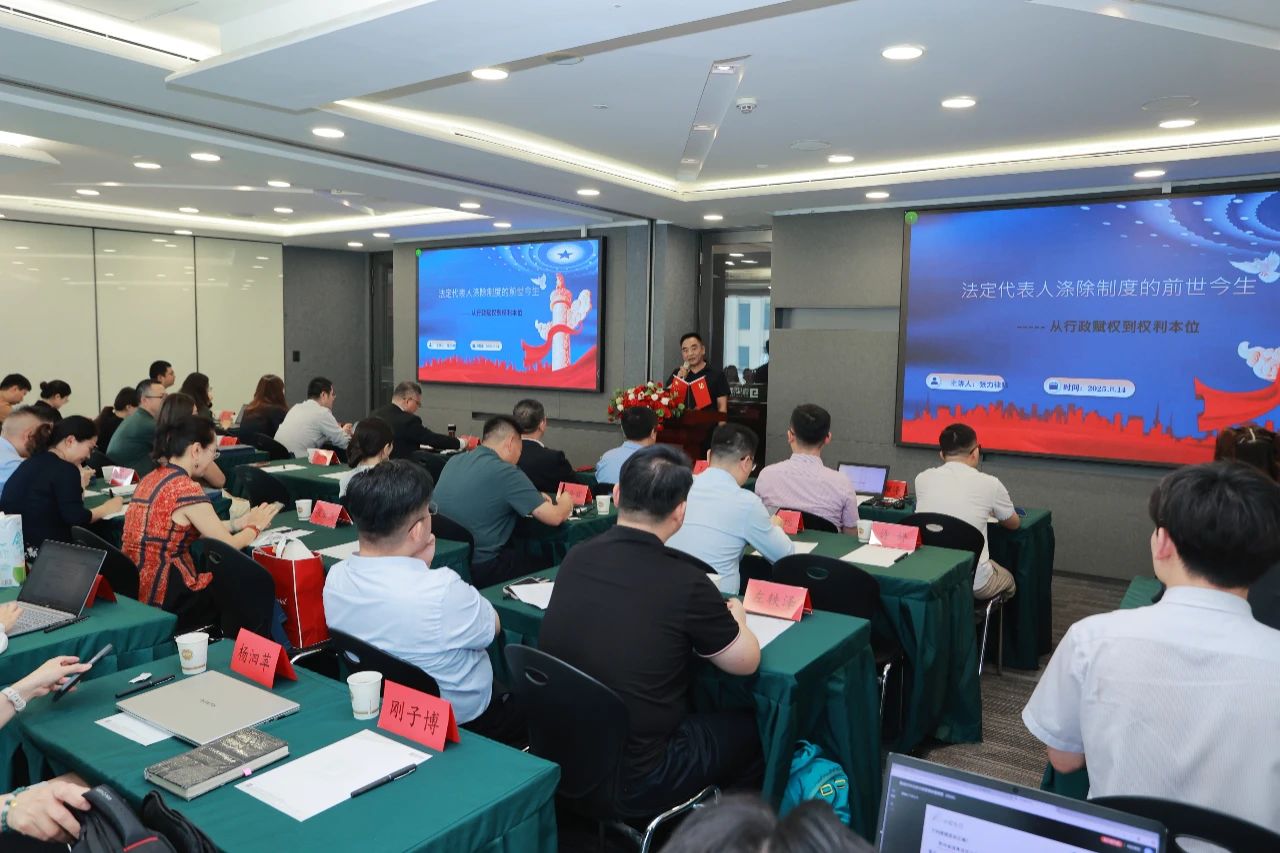
On August 14, 2025, Jiawei Law Firm successfully hosted the “Practical Challenges of the New Company Law Seminar I” event. The event was hosted by Ge You Shan, Director of the Supervisory Committee of JAVY Law Firm and Chairman of the Company Law Professional Committee, Zhang Li, Senior Partner and Chairman of the Corporate Distress and Bankruptcy Liquidation Committee, Xu Fadong, Senior Partner, Wang Yaozhe, Partner, and Wang Xiaoou, Partner, who provided in-depth analysis of cutting-edge issues in corporate governance and equity disputes.
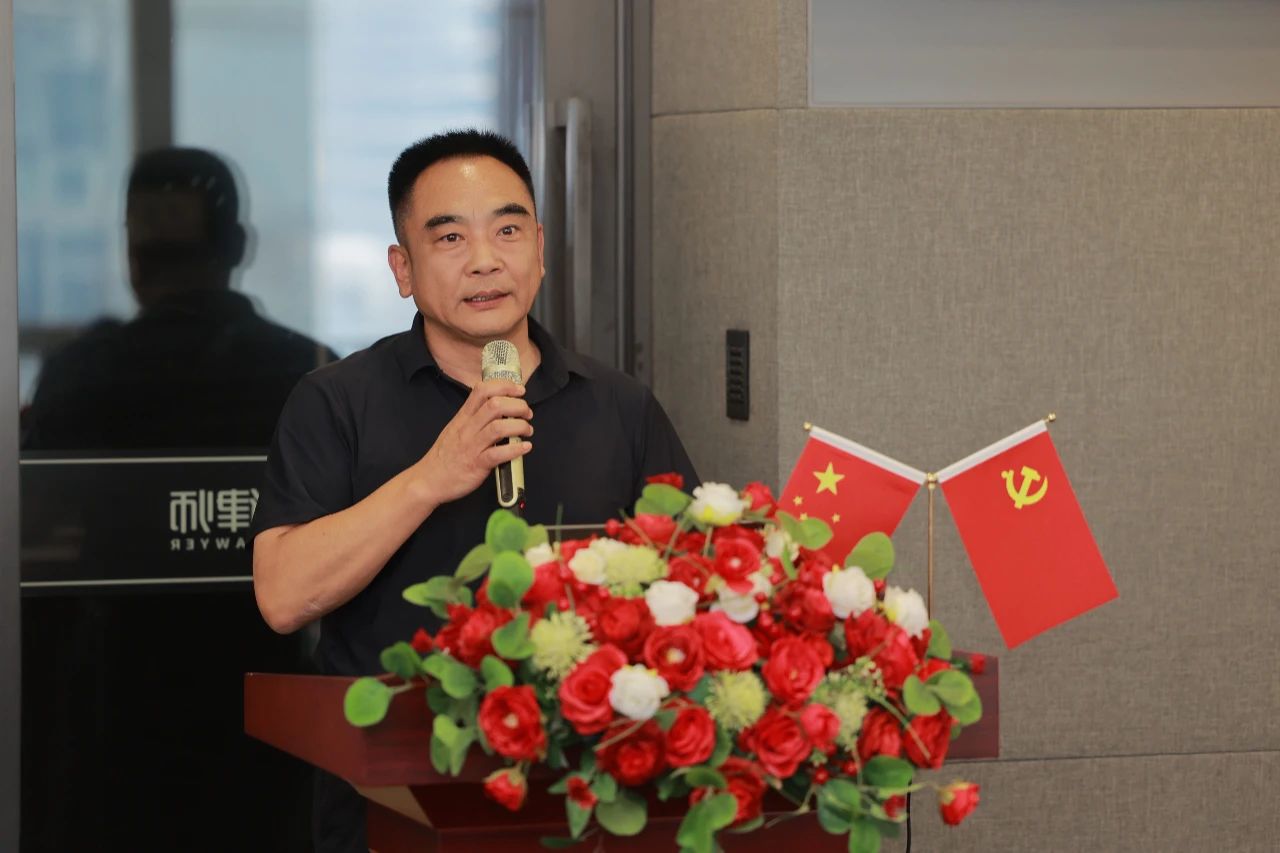
Attorney Zhang Li delivered a presentation titled “The Evolution and Current State of the Legal Representative Removal System,” reviewing the historical development of the legal representative system. He provided a systematic interpretation of the shift in governance philosophy under the new Company Law, from a focus on “administrative control” to a “rights-based” approach, and shared clear judicial rulings on cases involving impersonation, nominal representation, and resignation in judicial practice. From the boundaries between judicial and administrative authority, to the institutional interaction between judicial rulings and corporate credit disclosure, he urged that legal representatives should no longer be held hostage by the registration system. China's corporate legal system will complete a historic transition from “status” to “contract.”
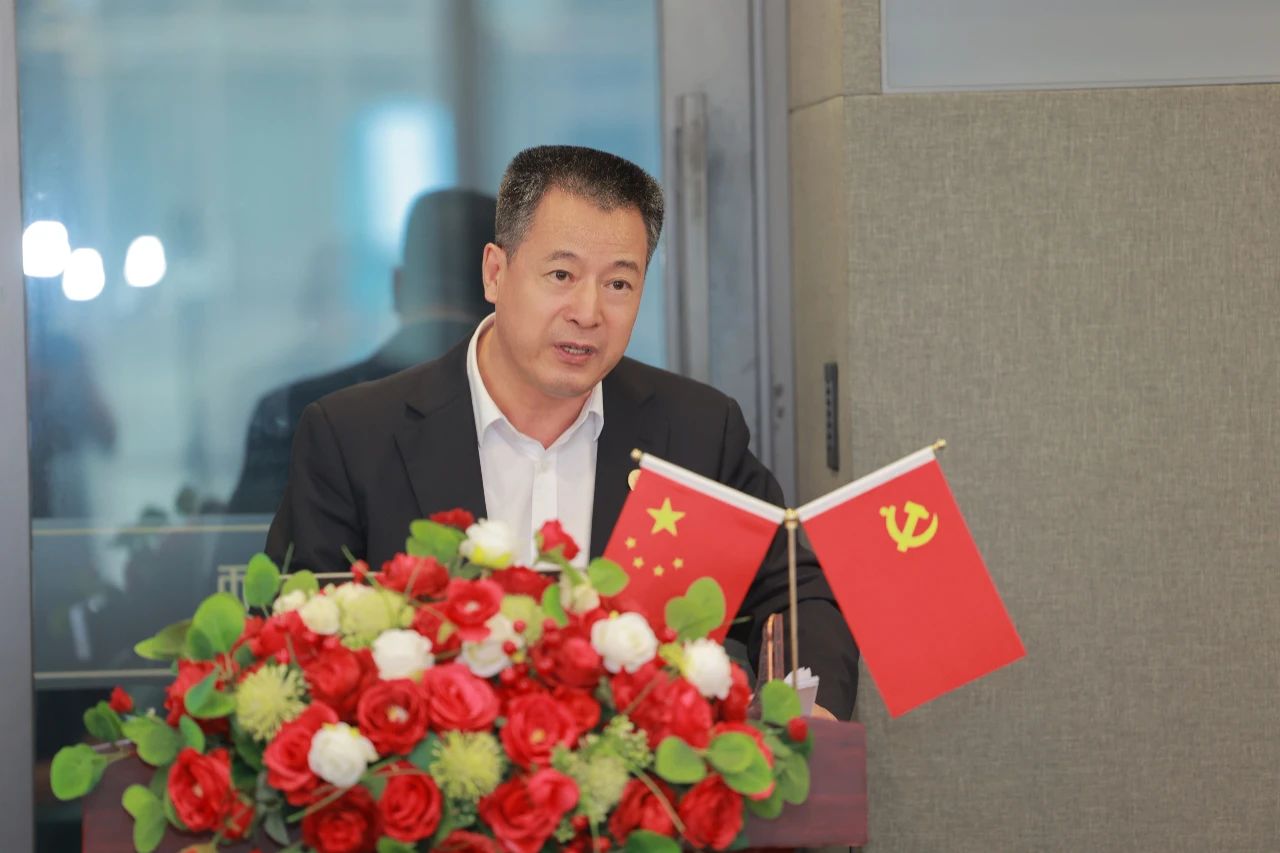
Attorney Xu Fadong delivered a presentation on the topic of “Restrictive Rules for Corporate External Investments or Guarantees.” He provided a detailed interpretation of the core provisions of Article 15 of the Company Law. External investments or guarantees by a company must be approved through the shareholders' meeting/board of directors resolution process, and the company's articles of association may establish guarantee limits. Guarantees provided to shareholders or actual controllers must be approved by a shareholders' meeting resolution, and relevant shareholders must recuse themselves and may not participate in the voting. Drawing on practical cases where disputes arose due to procedural defects, Attorney Xu advised companies to strictly adhere to internal resolution procedures. He also suggested that transaction counterparties should focus on fulfilling their duty to verify the authenticity of resolutions to mitigate transaction risks. Additionally, he shared insights on the disclosure obligations that domestic listed companies must fulfill when making external investments or providing guarantees, as well as the exceptions for financial and insurance institutions and guarantee companies when providing guarantees externally.
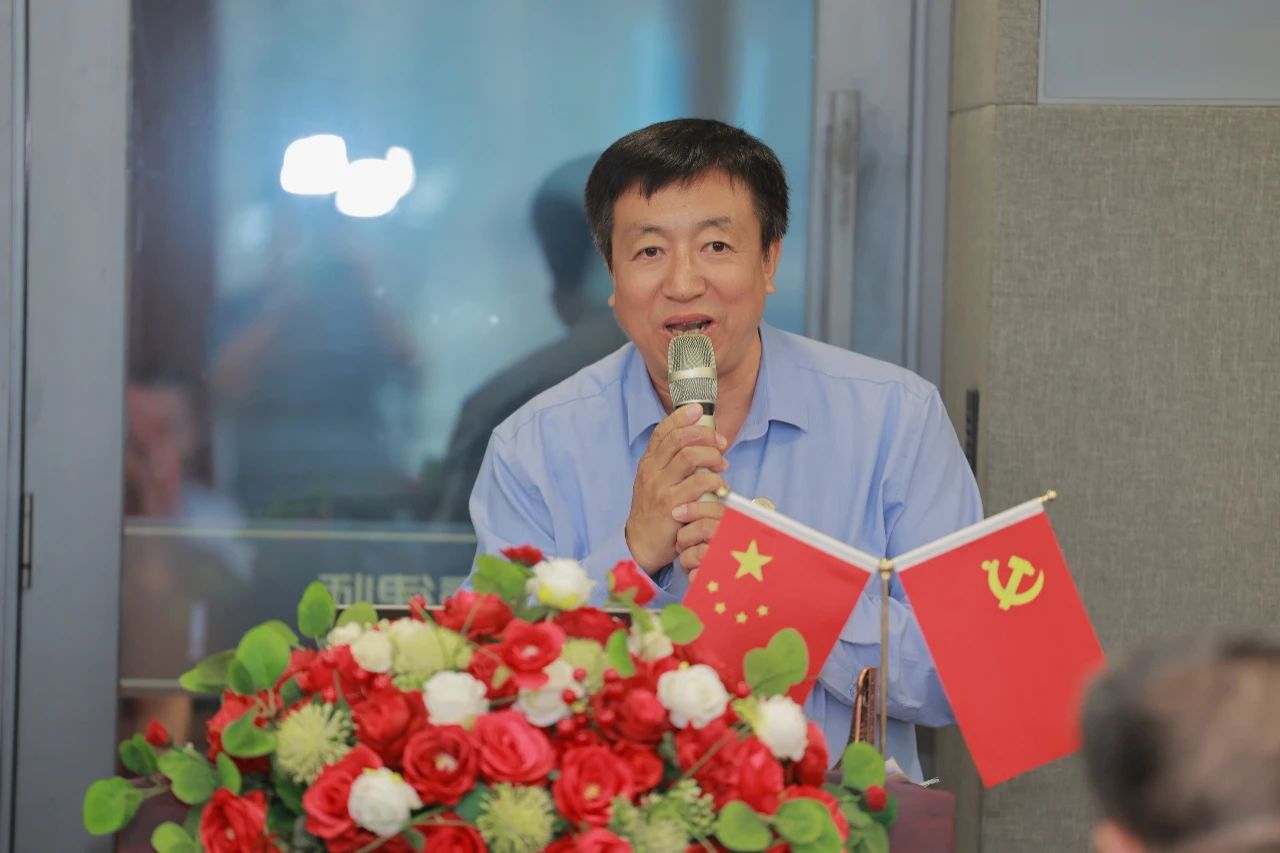
Attorney Wang Xiaoou delivered a presentation on the topic of “Issues Regarding the Validity of Share Transfer Contracts.” He outlined the conditions for the effectiveness of contracts and key points for risk prevention. Share transfer agreements must meet basic conditions such as qualified parties, genuine expressions of intent, and lawful content. He emphasized that issues such as the exercise of preemptive rights and defects in share ownership are prone to disputes. By analyzing typical cases of invalid contracts, Attorney Wang recommended that both parties sign a written contract, clearly define the conditions for transfer and liability for breach of contract, and conduct due diligence to verify share ownership and restrictions in the company's articles of association to prevent legal risks from the outset.
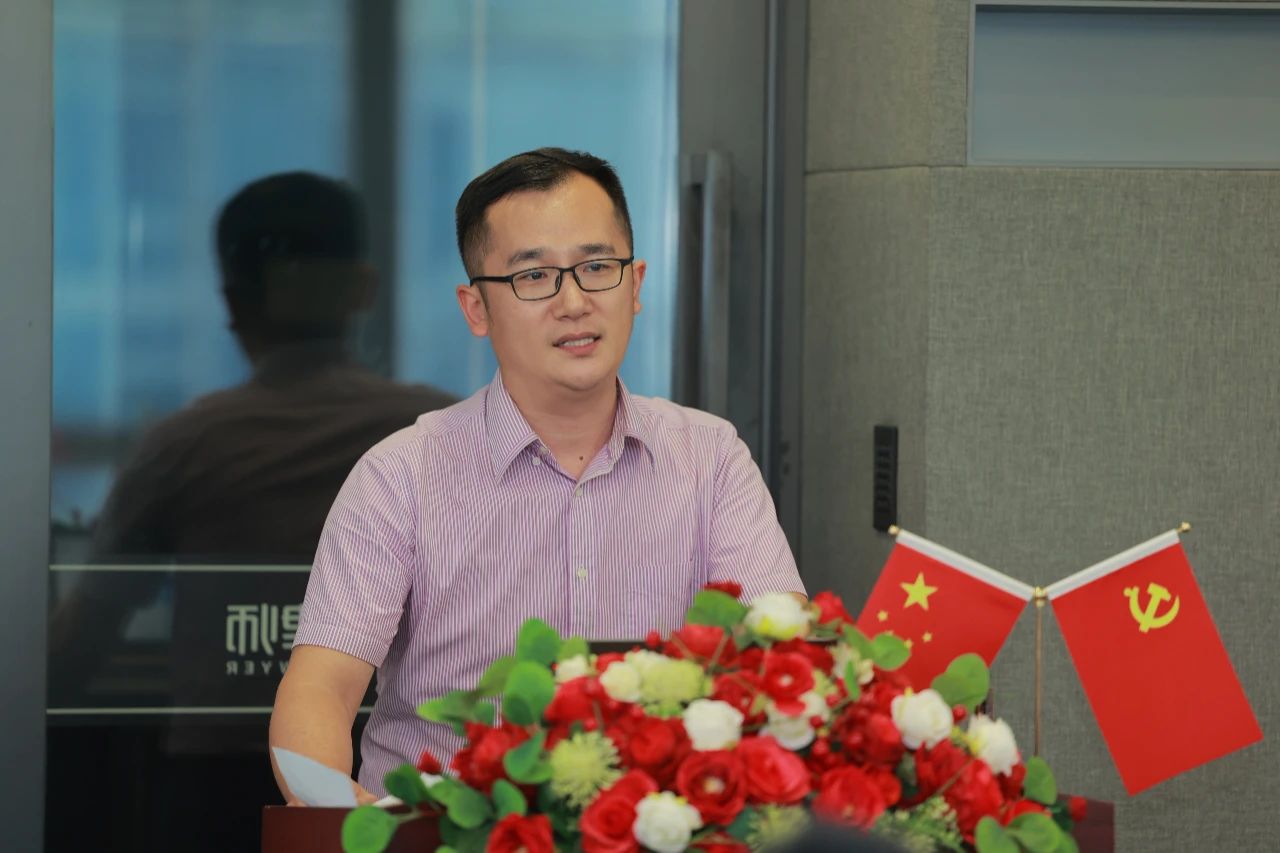
Attorney Wang Yaozhe delivered a presentation on the topic of “Processing Challenges in the Transfer of Limited Partnership Interests.” He analyzed the differences between the transfer rules for limited partnerships and general partnerships. The transfer of general partnership interests requires the unanimous consent of all partners, while limited partnership interests may be transferred to third parties in accordance with the partnership agreement. After the transfer is completed, the partnership agreement must be promptly amended and business registration changes processed to avoid disputes over withdrawal and admission procedures. Drawing on cases involving disputes over the exercise of preemptive rights, Attorney Wang emphasized that transaction parties should carefully review the provisions of the partnership agreement and retain notification evidence to ensure the legality and compliance of the transfer process.
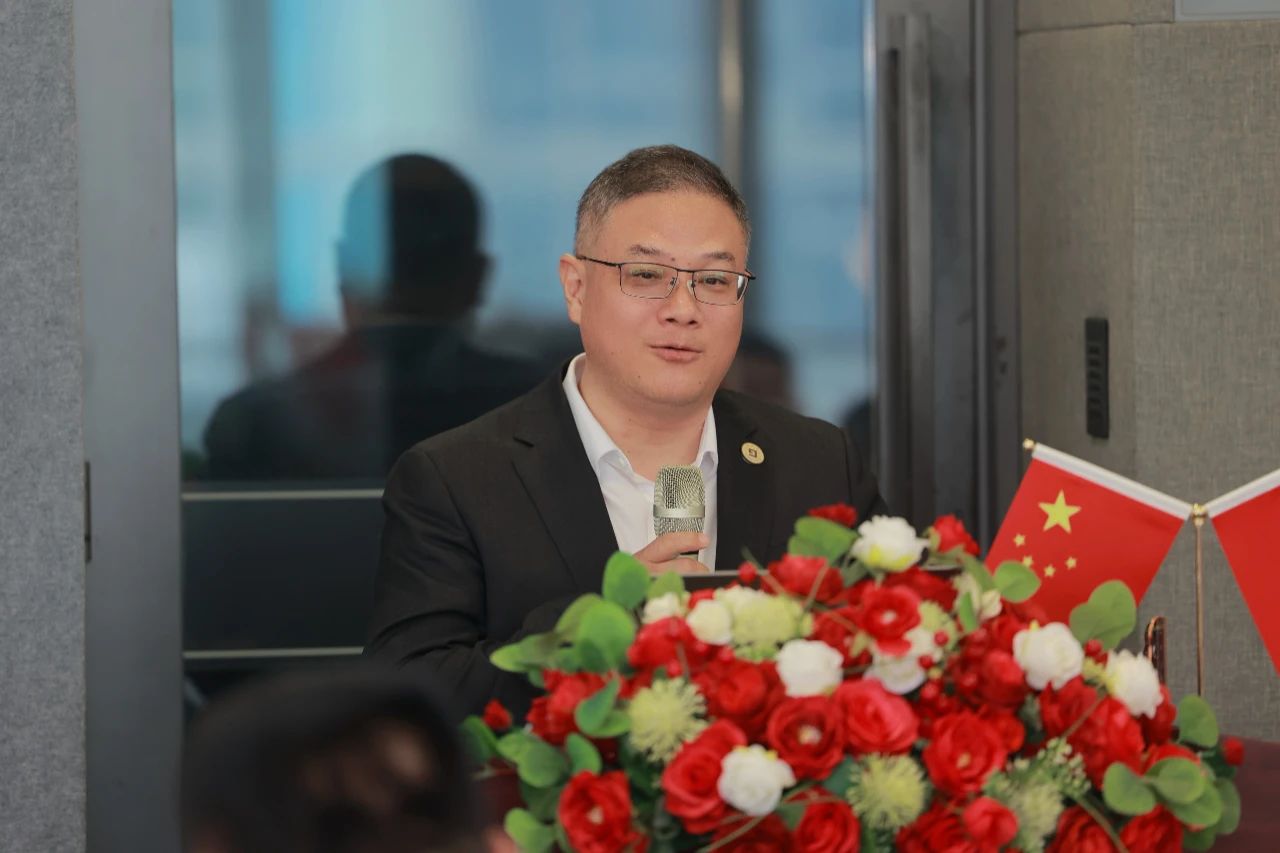
Attorney Ge Youshan delivered a presentation titled “Practical Considerations for Determining the Validity of Corporate Resolutions from a Litigation Perspective.” He systematically outlined the rules for determining the validity of corporate resolutions. He noted that the new Company Law has improved the resolution validity system, establishing a three-part structure of “invalid, void, or revocable,” and clarifying the statute of limitations for revocation and the legal consequences of an invalid resolution. Drawing on practical cases where litigation arose due to procedural or substantive defects, Attorney Ge recommended that companies establish a pre-resolution legal review mechanism, leveraging the expertise of professional lawyers to proactively mitigate disputes over the validity of resolutions.
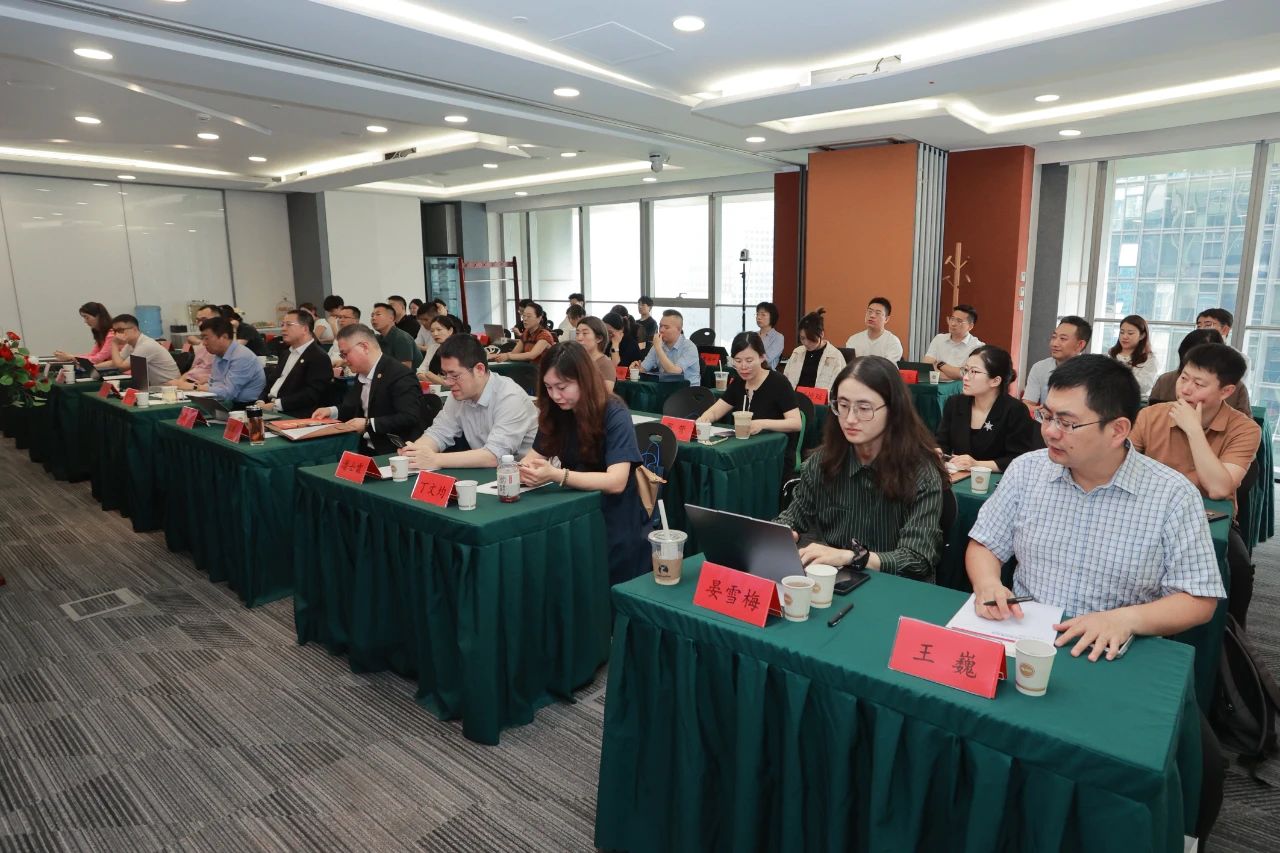
This event provided systematic legal guidance for corporate compliance and dispute resolution through multi-dimensional, in-depth practical analysis. In the future, Jia Law Firm will continue to focus on hot topics in the implementation of the new Company Law, providing enterprises with more forward-looking and practical legal services to help them develop steadily.
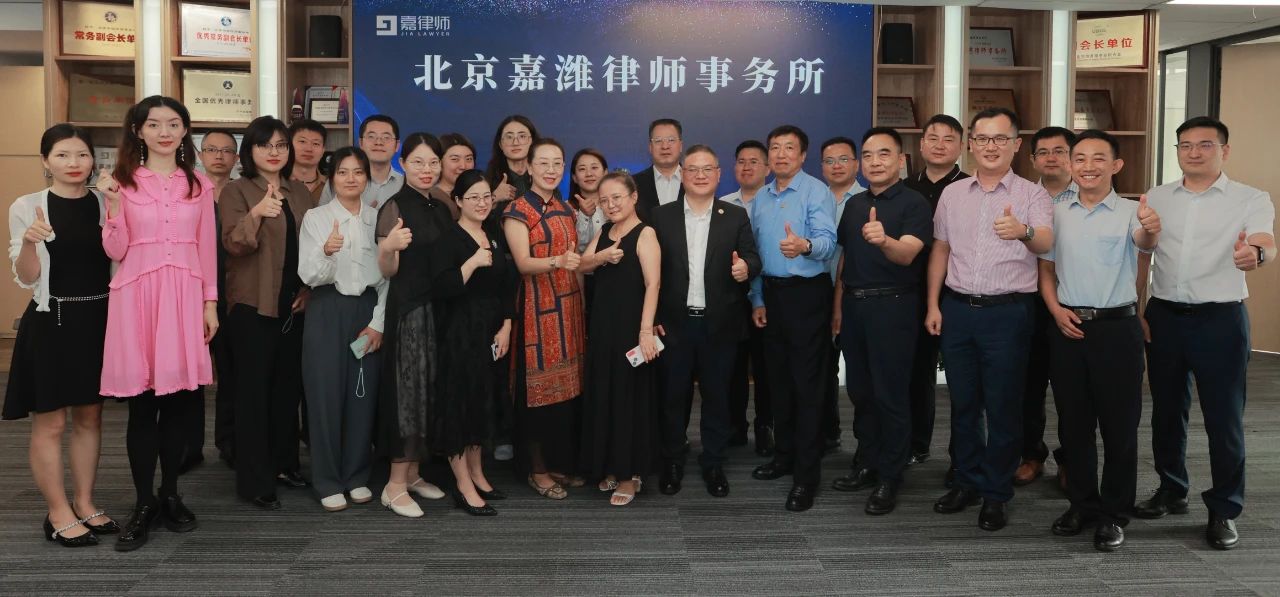
Jiawei Law Firm is committed to consolidating and building a platform for communication and interaction between lawyers, outstanding law firms, and industry leaders, promoting the personal development of lawyers, cultivating legal expertise and skills, and empowering lawyers.


© Beijing JAVY Law Firm Beijing ICP Registration No. 18018264-1